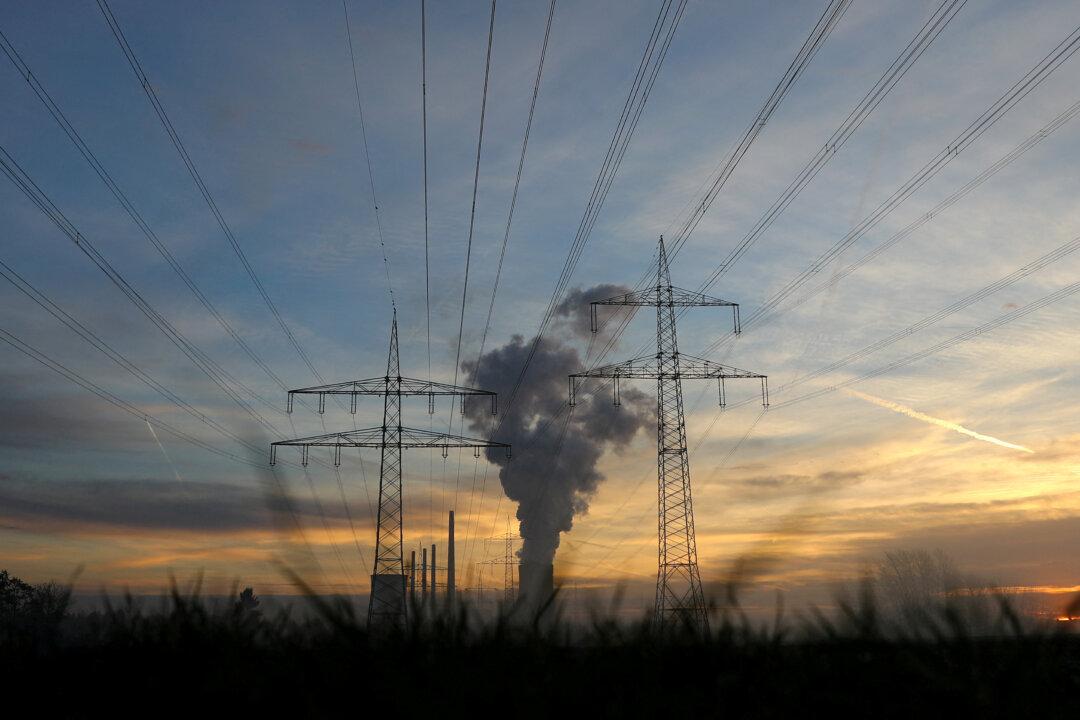BERLIN/LONDON—Germany nationalized gas importer Uniper on Wednesday and Britain said it would halve energy bills for businesses in response to a deepening energy crisis that has exposed Europe’s reliance on Russian fuel.
Russian President Vladimir Putin added to the upward pressure on energy prices by announcing a partial military mobilization, in the biggest escalation of the Ukraine war since Moscow’s Feb. 24 invasion.





